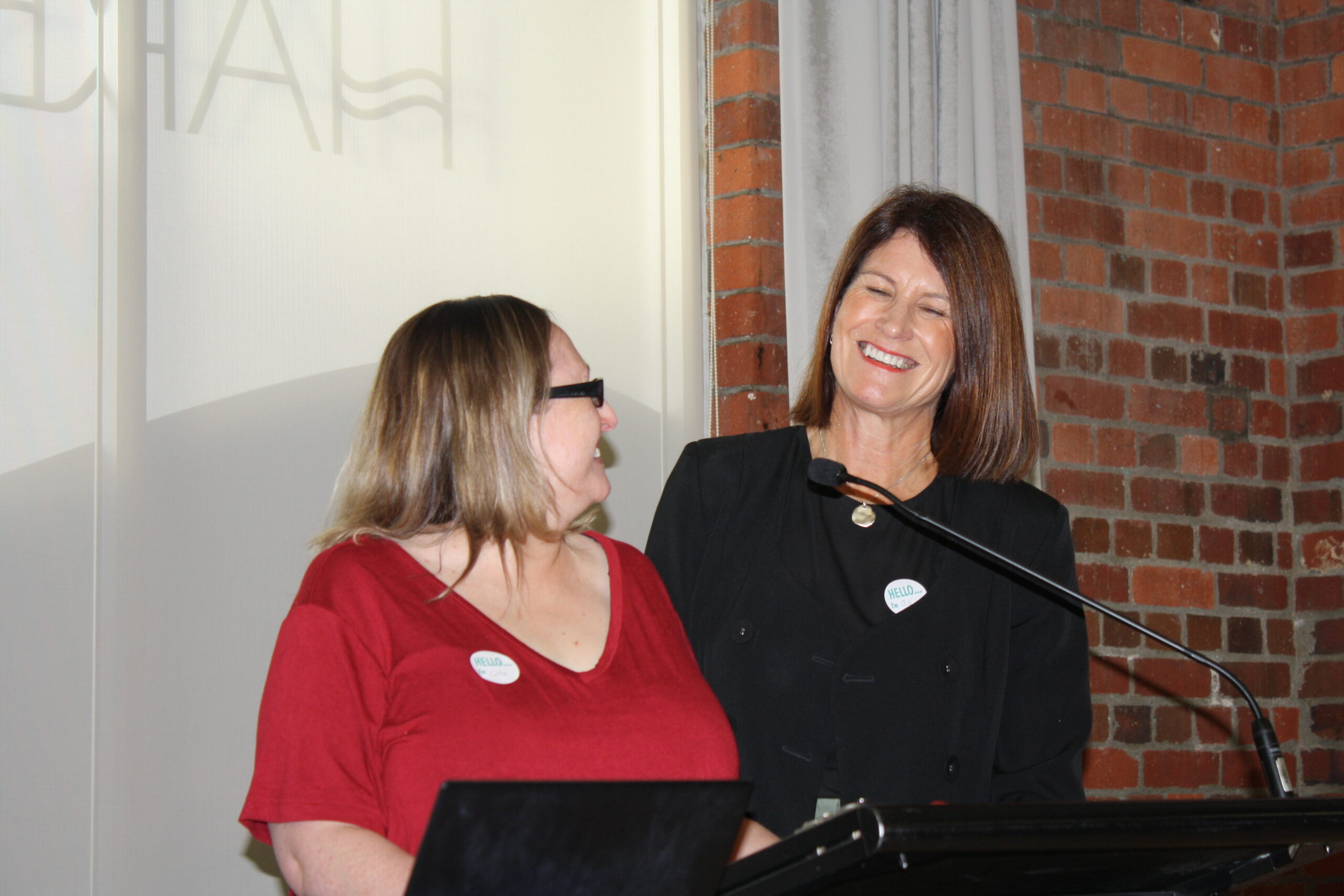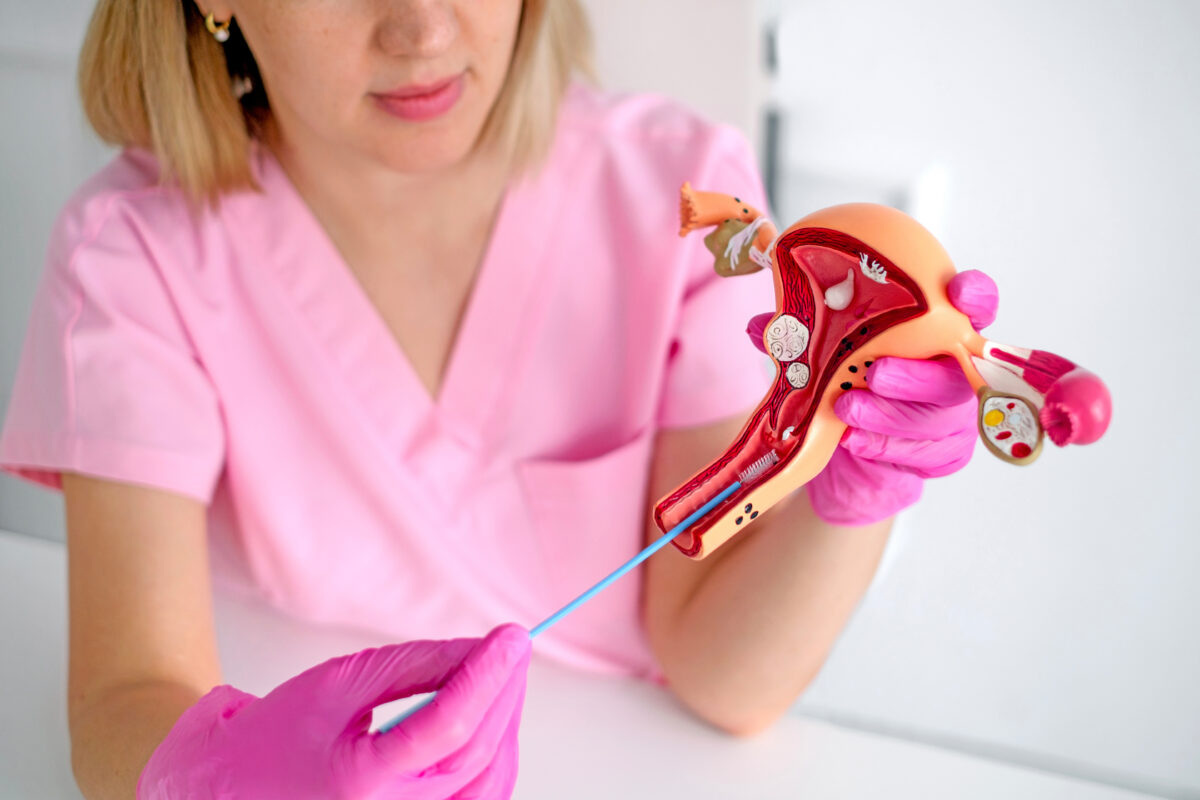The do-it-yourself swab has been hugely popular since its launch in New Zealand a year ago with more than 80 per cent of eligible women choosing to swab themselves at home, rather than by a nurse.
National cervical screening programme figures released recently by Minister of Health Shane Reti and Associate Minister of Health Casey Costello, also show 87 per cent of those who had previously not been screening or screening regularly, chose a self-test.
NZNO’s women’s health college chair Jill Lamb said the response was “impressive” but the college wanted cervical screening to be free for all.
Cervical screening is recommended for women and people with a cervix (including transgender and non-binary) aged 25–69.
But it is only free for Māori and Pacific people of any age, those who are over 30 and have not had a test ever or within the past five years, community services card holders, and those of any age who require follow-up testing.

Guidance needed on self-swabbing, nurses say
Nurses need to provide support and guidance to those who were not swabbing themselves correctly, to ensure accurate results, Lamb said.
“It has come to our attention that some self-swabs have been taken from the urethra and rectum. Please reassure, educate and offer to perform the test if indicated, otherwise this could negate the test.”
And with one in 10 swabs coming back as positive, it was also important for nurses to communicate well that it didn’t necessarily mean cancer, Lamb said.
“If it comes back as positive, they then have to come back and have a smear done and then a colposcopy. Then they’re worried they’ve got cancer,” she said. “So they need good information at the time of the swab.”
While self-swabbing was a “wonderful” option for many, it wasn’t for everyone, she said.
“The people who are a bit anxious, should be offered someone to do it for them. A lot of people don’t really want to go anywhere down there, they’d rather someone else do it.”
“We would like to see free screening and have no barriers for it,” Lamb told Kaitiaki. “People in high priority groups are eligible for free screening, but we think it should be available for every woman.”
Lamb said practice fees for self-swabs varied but were generally around $40, with free follow-up appointments if positive.
Wāhine Māori are 1.5 times more likely to be diagnosed and 2.3 times more likely to die from cervical cancer than non-Māori, according to Te Whatu Ora.
A parliamentary committee reviewing the national cervical screening programme (NCSP) recommended in 2018, and again in 2022, it be fully funded like other cancer screening programmes in Aotearoa.
“The cost of screening has been consistently identified as a major barrier to achieving the aims of the NCSP.”
‘A lot of people don’t really want to go anywhere down there, they’d rather someone else do it.’
Since screening began in 1990, cervical cancer rates have halved — but this had plateaued lately, the review committee said.
However, in July this year, Reti said free cervical screening would continue to be restricted to those at highest risk, such as Māori and Pacific.
Last year, Labour promised it would make cervical screening free for all who were eligible if re-elected, costing it out at $20 million.
The college welcomed the plan to roll out cervical self-testing when it was announced in 2021, but said it should not have taken five years.





